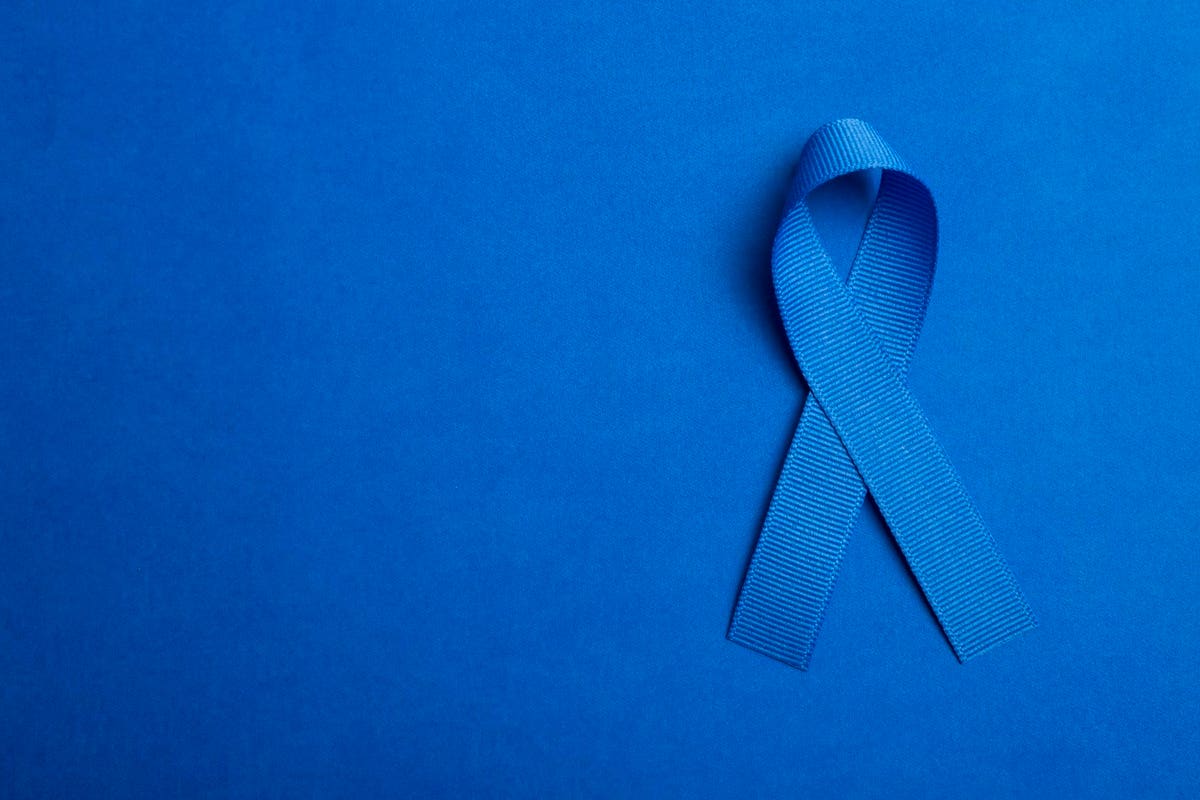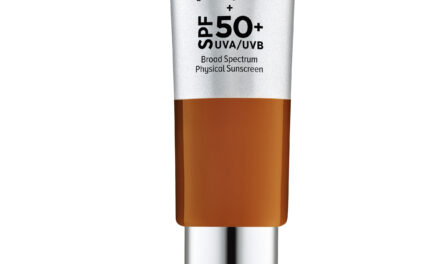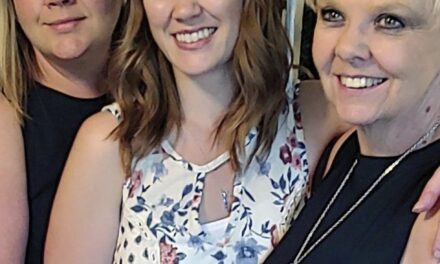
Technological innovation has evolved the healthcare market drastically. People are now able to monitor their health and wellness in ways that would have been unimaginable 50 years ago including everything from the at-home detection of everyday issues such as food allergies to finding out about the details of one’s gut microbiome, to more weighty assessments of illnesses such as anemia.
Although there are few such ailments as tricky as cancer—and, yes, there are at-home tests for that.
While at-home testing for several types of cancer is currently available, the home testing kits for colorectal cancer can be fundamental in prevention of the disease, especially as its rates are rising amongst younger people. The passing of Oscar-nominated actor Chadwick Boseman in 2020 at the age of 43 was a turning point in the awareness of the disease and shone a light on the way colon cancer is affecting younger people and disproportionately affecting the Black population in America.
Dr. Narissa Joyner, a veteran Emergency Medical doctor in New York City, is acutely aware of the … [+]
“Lack of access to care and attention to care disproportionately affects African Americans, especially women, for many reasons,” says Dr. Narissa Joyner, Associate Medical Director, At-Home Care, Sollis Health, and a veteran Emergency Medical doctor in New York City including Lenox Hill’s ER. In an e-mail correspondence the doctor says, “When it comes to cancer in general, being attentive to subtle symptoms and seeking preventative medical care are important first steps. Societal and cultural influences heavily affect the way many African Americans seek medical care; that narrative needs work.”
According to the American Cancer Society, Colorectal cancer rates amongst Black adults “are the highest of any racial or ethnic group in the US. African Americans are about 20% more likely to get colorectal cancer and about 40% more likely to die from it than most other groups.”
One company’s at-home colon screening test aims for their product to act as an equalizer for the communities for which colon cancer is on the rise, particularly Black women. Guido Baechler, the CEO of Mainz BioMed, a company known for their at-home cancer detection kits echoed the statistics during a Zoom interview. “The general incidence of cancer is going down, very clearly down for older populations, but this is not true if you look at the younger population where the incidences are rising,” he says.
According to a Yale University study, “Diagnoses of people under 55 years of age increased from 11% in 1995 to 20%, or 1 in 5 individuals,” which has resulted in the medical community lowering the recommended screening age for this type of cancer from age 50 to 45. Meanwhile, reports published by Memorial Sloane Kettering state that, while the reasons for the increased levels of this type of cancer amongst the population are complex, for the Black population the reasons are clear: “Research suggests the most important factors in this disparity are access to high-quality screening and cancer care — not biological issues.”
Guido Baechler is the CEO of Mainz Biomed which produces an at-home colorectal cancer test. He hopes … [+]
Although this is not about doom and gloom for Baechler and his teams, it’s about affording opportunities to these populations with the hope to close these gaps and save lives.
“It’s really important, what we’re focusing on—it’s the detection of cancer. What’s unique in colorectal cancer is that you can actually, potentially, eliminate it if you identify it early and are regularly screened through testing. The earlier the better because the survival rate is higher,” he says, and recommends testing between the advised cycles for colonoscopies of every 5-10 years to catch anything before it becomes an issue.
Dr. Joyner agrees. “Specifically for colon cancer, screening should be done earlier since we do know that earlier screening for colon cancer in African Americans is recommended. These home-testing kits could offer another avenue of screening that is easy to access, and I think they do have a possibility of helping to bridge the gap. When this is done in coordination with a patient’s primary provider, it can offer a great resource to allow for early action and treatment if needed.”
These kits test in two ways. First, through small collected stool samples which are tested for blood, which is a typical testing method in the US according to Baechler, who says this is best for detecting later-stage cancer. “Once the cancer starts bleeding, you can identify it. Unfortunately, though, that’s quite often the late stage,” he says.
The second aspect the test measures are DNA mutations through three different genes to detect elevation. If these genes are elevated, then that is a clear sign of the risk of early-stage cancer.
Baechler says, “We see, in our work, that people just want to be treated equally. So, through values of trust and transparency, which starts internally for us, we aim to extend these values to the people we want to help, and I hope we are able to influence opportunities towards equality in this space.”





